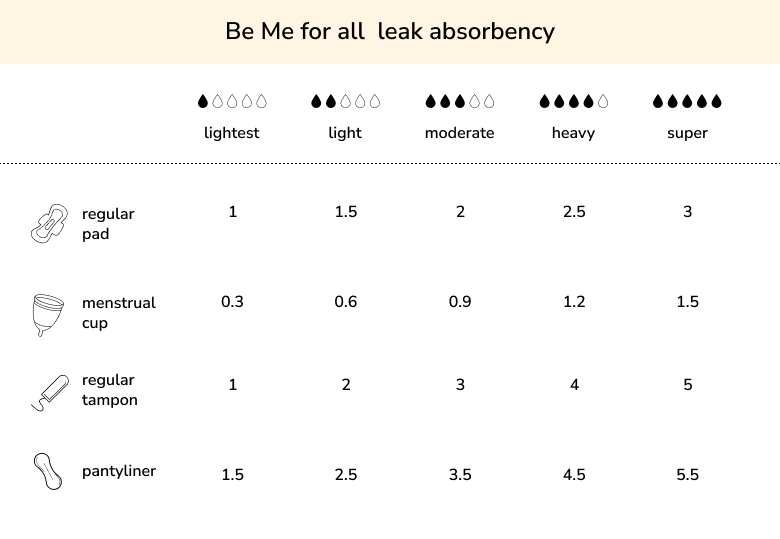
Period Sex: What It Is, Why It Matters, and How to Do It Safely
Have you ever heard of the term ‘period sex’? Well, it is an aspect often met with curiosity, questions and some hesitations. It's time to break the silence and have an open conversation about it!
Period sex, quite simply, refers to sexual activity during menstruation. Basically, when you have sex while being on your period. It is natural and completely safe and many people find it enjoyable!
Before we get into more details, period sex should never be used as an excuse to have non consensual unprotected sex. You can get pregnant, even on your period.
Now that we have that cleared, let's explore what it involves, its benefits, and how to engage in it safely.
Why does it Matter?
Period sex can have various benefits. For some, it may relieve cramps and enhance mood due to increased levels of endorphins and oxytocin and make you feel good. Additionally, you may actually enjoy sex more during this time!
How To Do It Safely?

1. Consent and Communication
It is important to prioritise consent and open communication with your partner. Discuss comfort levels, concerns, and preferences beforehand.

2. Use Protection
Though pregnancy during menstruation is less likely, it's not impossible. Make sure to use contraception.

3. Hygiene
Maintaining hygiene is crucial. Don’t forget to clean up after! Taking a shower after it can help both partners feel more comfortable.

4. Protection and Towels
Place a towel underneath for potential mess. Using condoms can also reduce the risk of any infections.

5. Comfortable Positions
Experiment with positions to find what's most comfortable for both the partners during menstruation.
Remember, period sex is a personal choice. It's perfectly okay to say no if either partner feels uncomfortable.
Period sex is a natural aspect of sexual activity. It can bring pleasure and intimacy to many individuals. What matters most is consent, communication, and practising safe and hygienic methods.
Encouraging understanding and openness can help normalise this aspect of intimacy, empowering individuals to make informed choices about their sexual health.








